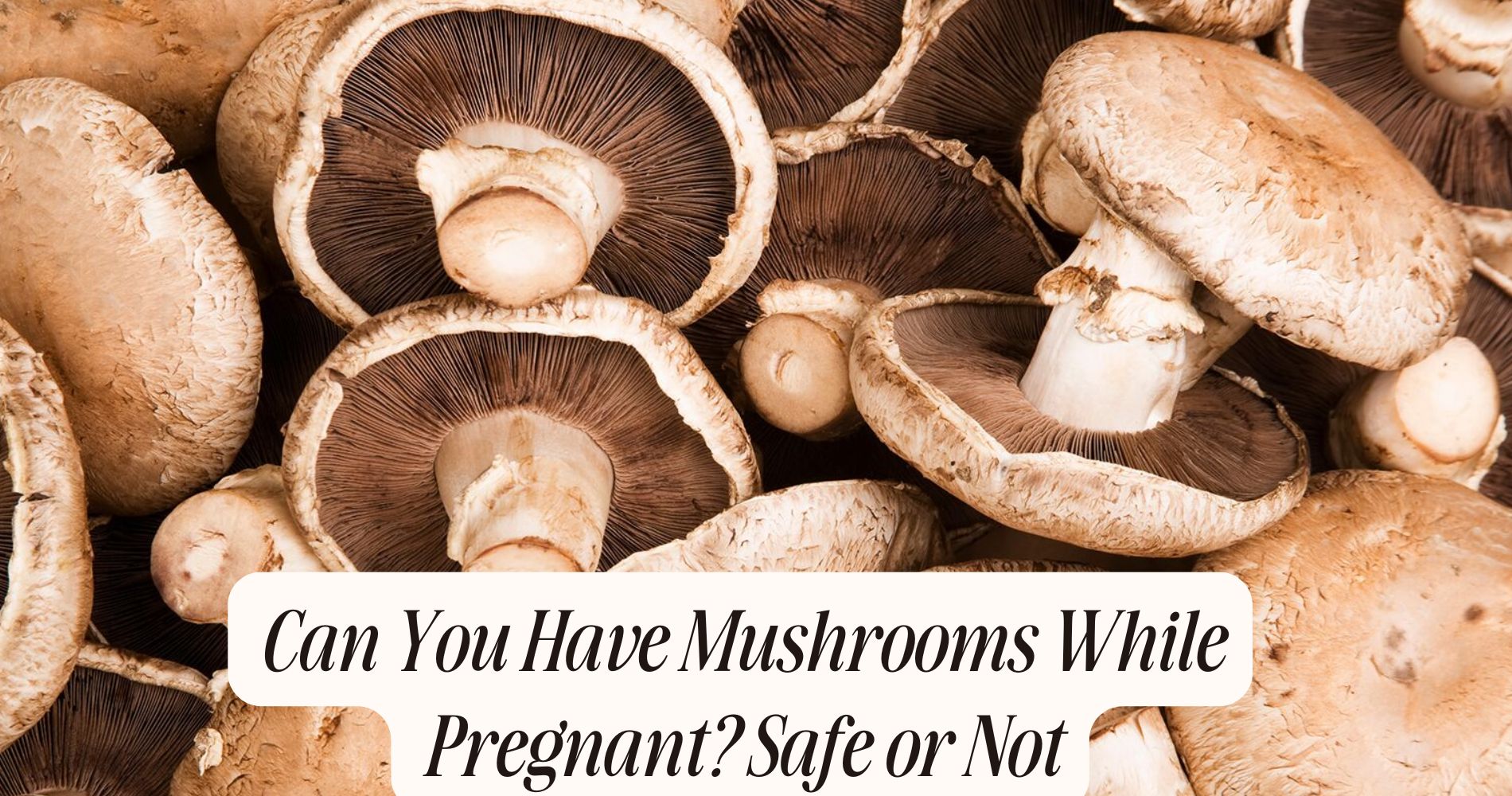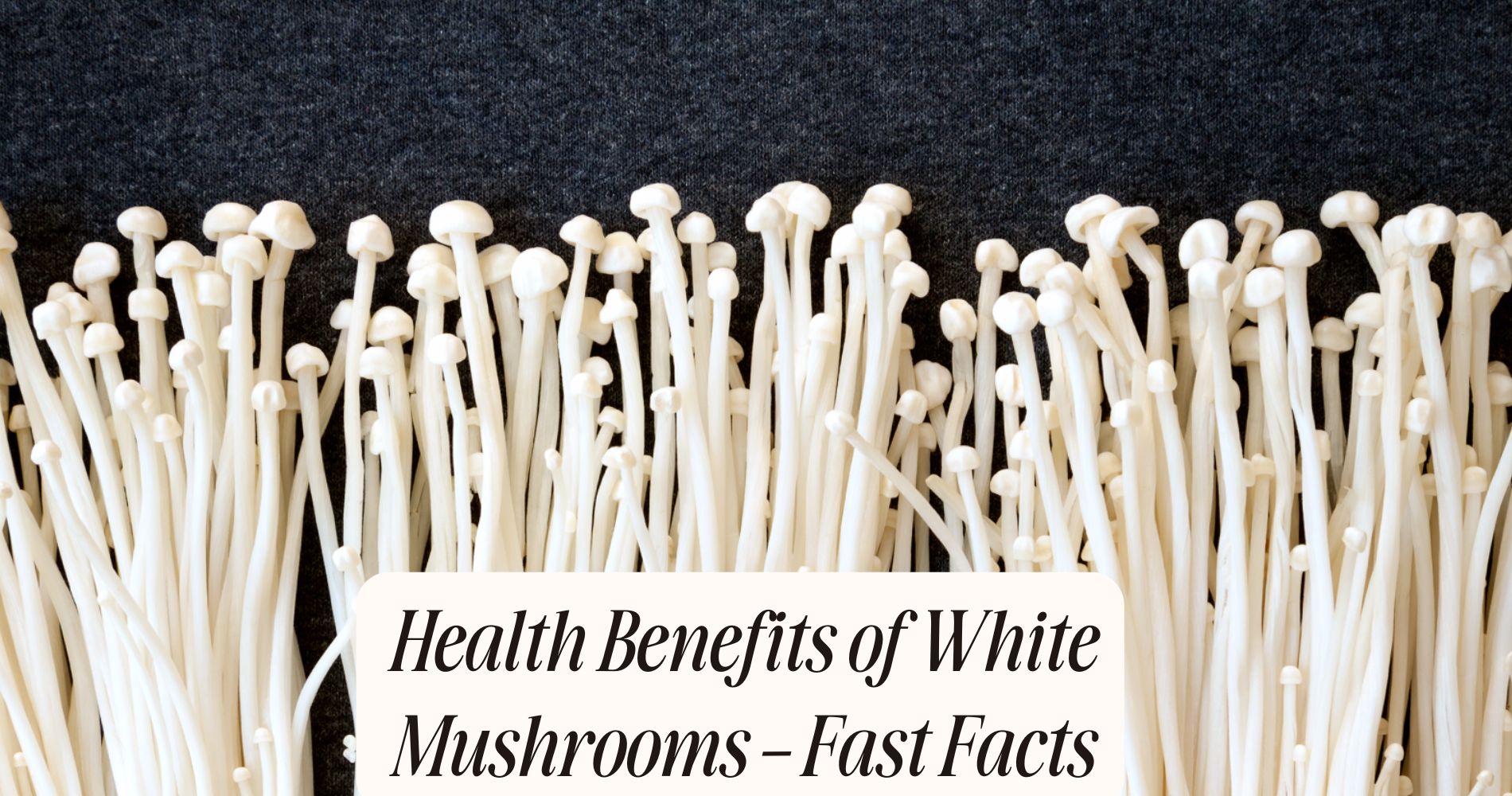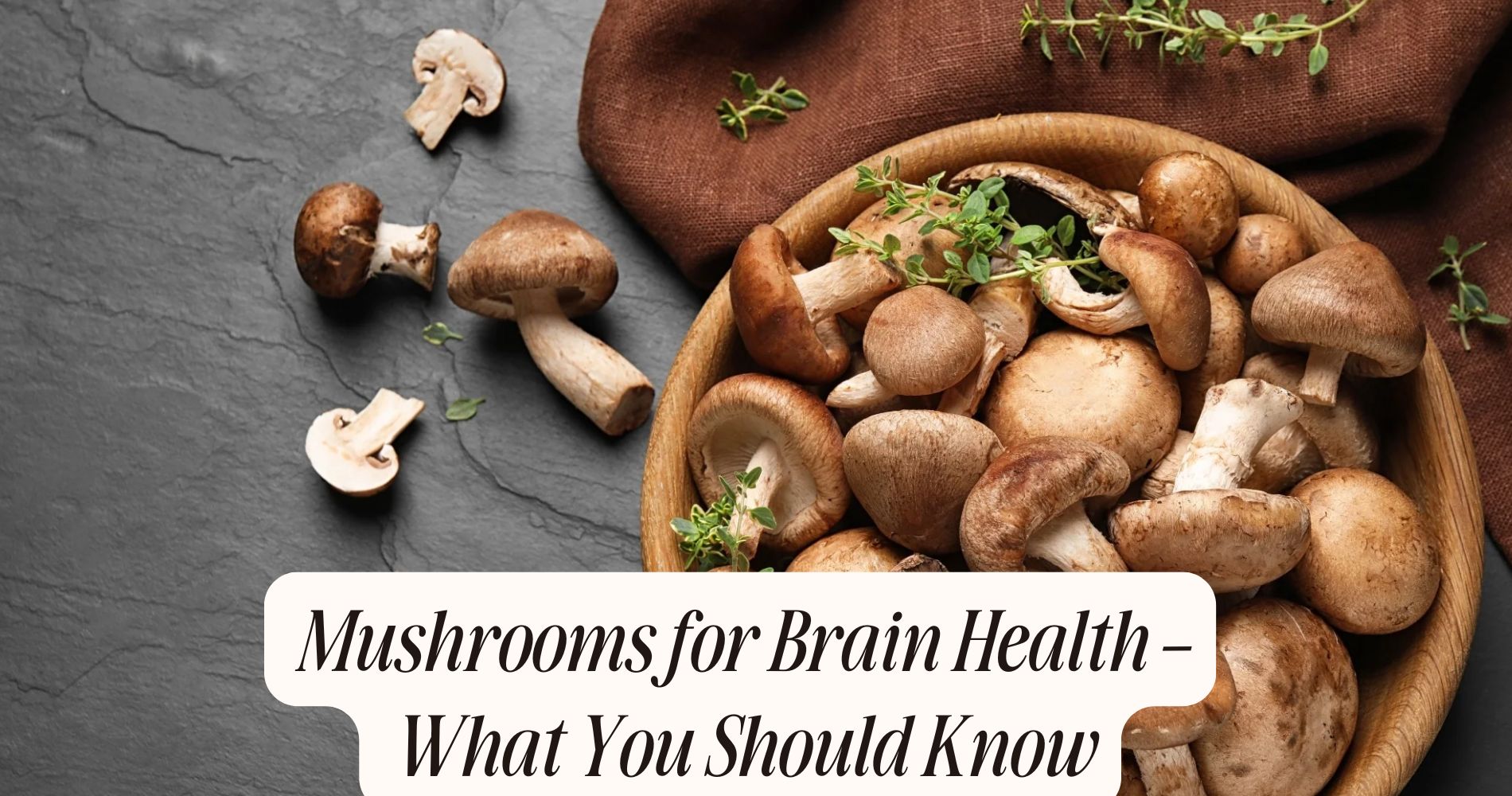
Can You Have Mushrooms While Pregnant? Safe or Not
Can you have mushrooms while pregnant? You can safely enjoy mushrooms during pregnancy when you stick to common edible varieties like white button, cremini, portobello, shiitake, or oyster, and always cook them thoroughly. Avoid wild or raw mushrooms, as they pose toxicity and contamination risks. Mushrooms offer key nutrients that support both maternal health and fetal development, but proper preparation is vital. If you want to understand which mushrooms to avoid and how to prepare them safely, there’s more helpful information available ahead.
Nutritional Benefits of Mushrooms During Pregnancy
Although you may be cautious about your diet during pregnancy, mushrooms can offer valuable nutrients that support maternal and fetal health. They're a source of B vitamins, vitamin D, selenium, and fiber, all of which contribute to healthy fetal development and maternal immune function.
When you include mushrooms in your meals, you gain antioxidants that help combat oxidative stress, a common concern during pregnancy. However, always consider the potential for mushroom allergies, especially if you haven't consumed mushrooms before.
Employ thorough cooking techniques, such as sautéing or boiling, which can reduce microbial contamination and enhance digestibility. Avoid eating raw or undercooked mushrooms to minimize foodborne illness risk.

Always wash mushrooms carefully before preparation. If you experience any allergic symptoms, discontinue use and consult your healthcare provider.
Safe Types of Mushrooms for Expectant Mothers
When selecting mushrooms during pregnancy, prioritize commonly available, edible varieties such as white button, cremini, portobello, shiitake, and oyster mushrooms. These have established safety profiles when thoroughly cooked.
You should avoid consuming raw or undercooked mushrooms because proper cooking eliminates potential pathogens and reduces exposure to naturally occurring toxins. Cooking mushroom safety is essential for minimizing foodborne risks.
Always purchase mushrooms from reputable sources to ensure quality and reduce contamination risk. Avoid foraging or consuming unidentified mushrooms due to wild mushroom dangers, which can include toxic species that are harmful to both you and your developing baby.
Mushrooms to Avoid While Pregnant
Because not all mushrooms are safe for pregnancy, you should strictly avoid wild or unidentified varieties, as many contain toxins that can cause serious health risks to both you and your baby.
Even mushrooms collected through amateur foraging can be difficult to identify accurately, increasing the risk of accidental poisoning. Stick to mushrooms sourced from reputable mushroom cultivation operations, as these are subject to food safety regulations and quality control.
Additionally, you should avoid species known for higher allergenic potential if you have mushroom allergy concerns. Some cultivated mushrooms, such as shiitake, may still trigger allergic reactions in sensitive individuals.

Avoid any mushrooms that show signs of spoilage or contamination. When in doubt, consult your healthcare provider before introducing new varieties into your diet during pregnancy.
How to Properly Prepare Mushrooms
To minimize the risk of foodborne illness during pregnancy, thoroughly clean and cook all mushrooms before consumption. Rinse mushrooms under running water to remove dirt, then pat them dry with a paper towel. Avoid soaking, as excess moisture can promote bacterial growth.
Choose reliable cooking methods such as sautéing, roasting, or boiling, as these effectively reduce potential pathogens. Never eat raw or undercooked mushrooms, since high temperatures are necessary to destroy harmful bacteria and toxins.
For storage tips, keep fresh mushrooms in their original packaging or a paper bag in the refrigerator, using them within a few days for ideal safety. Discard mushrooms that appear slimy, discolored, or have a strong odor.
Common Myths About Eating Mushrooms When Pregnant
Although many people believe that mushrooms are unsafe during pregnancy, most edible varieties are safe when properly prepared and cooked.
You might encounter myths suggesting mushrooms are inherently toxic or that their medicinal properties make them unsuitable for expectant mothers. However, scientific evidence shows that common culinary mushrooms, such as button, shiitake, and portobello, don’t pose risks when handled correctly.

Another misconception is that mushrooms used for medicinal properties—like reishi or lion’s mane—are universally beneficial. In reality, research on their effects during pregnancy remains limited, so it’s best to avoid medicinal mushrooms unless advised by your healthcare provider.
Ultimately, sticking to mushrooms intended for culinary uses and ensuring they’re thoroughly cooked reduces potential risks, supporting a balanced diet during pregnancy.
Signs of Mushroom Poisoning and When to Seek Help
If you accidentally ingest a wild or unfamiliar mushroom during pregnancy, it’s important to recognize the early signs of mushroom poisoning promptly.
Common mushroom poisoning symptoms include nausea, vomiting, abdominal pain, diarrhea, dizziness, confusion, and excessive sweating.
Some toxic mushrooms may cause delayed symptoms such as jaundice or seizures, which can appear hours after ingestion.
Don’t ignore even mild symptoms, as the severity can increase rapidly and may pose significant risks to both you and your baby.
Seek emergency treatment for poisoning immediately if you experience any of these symptoms after consuming mushrooms.
Quick intervention is vital—call your local poison control center or go to the nearest emergency department.
Bring a sample of the mushroom, if possible, to assist with identification and targeted care.
Pregnancy-Friendly Mushroom Support: SUPER MUSHROOM GUMMIES
If you're wondering can you have mushrooms while pregnant, and want a safe, simple way to enjoy their benefits, try Well Gummies' SUPER MUSHROOM GUMMIES. These vegan, chewable gummies pack the power of 10 carefully selected functional mushrooms to help support energy, immunity, and mental clarity—perfect for busy moms-to-be. With no need for prep and a fresh wild berry flavor, they’re as tasty as your favorite candy. Plus, they offer steady, jitter-free energy to help you shine through your day. Nourish your wellness journey safely with Well Gummies!
Frequently Asked Questions
Can Mushrooms Cause Allergies During Pregnancy?
You can develop allergies to mushrooms during pregnancy, especially with certain mushroom varieties. Cooking methods may reduce allergenic proteins, but you should monitor for symptoms like rash or swelling, and consult your healthcare provider before introducing new mushrooms.
Do Mushrooms Affect Fetal Development?
You won't find evidence that culinary mushrooms harm fetal development when cooked and consumed in moderation. However, avoid mushroom toxicity by steering clear of wild varieties, as their toxins can cross the placenta and potentially impact fetal health.
Are Mushroom Supplements Safe for Pregnant Women?
You should approach mushroom supplements cautiously during pregnancy. Limited evidence exists regarding their safety compared to culinary mushroom varieties obtained through standard mushroom cultivation. Consult your healthcare provider before use, as supplements may contain concentrated compounds with unknown effects on fetal development.
Can Mushrooms Influence Gestational Diabetes?
You might find that certain mushroom varieties offer nutrients potentially beneficial for blood sugar management. However, scientific evidence linking mushrooms and gestational diabetes remains limited. Always use safe cooking methods and consult your healthcare provider before making dietary changes.
Is It Safe to Eat Mushrooms in the First Trimester?
You can eat mushrooms in the first trimester if you choose safe mushroom varieties and use proper cooking methods. Avoid wild or raw mushrooms. Current evidence supports consuming well-cooked, common edible mushrooms, but always consult your healthcare provider.
Conclusion
While pregnant, you can safely enjoy mushrooms as long as you choose edible varieties like button, cremini, or shiitake, and cook them thoroughly. Avoid wild or unidentified mushrooms due to the risk of toxicity. Mushrooms provide valuable nutrients, but always wash and cook them to reduce any infection risk. If you experience symptoms like nausea, vomiting, or confusion after eating mushrooms, seek medical help immediately. When in doubt, consult your healthcare provider before making dietary changes.




